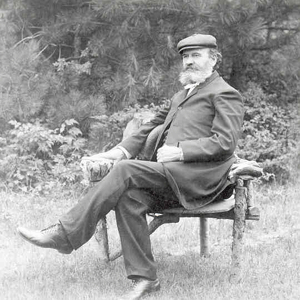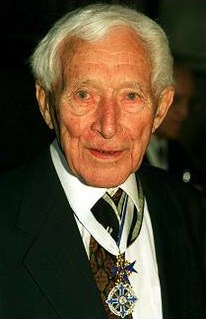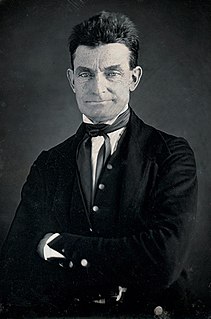A Quote by Oliver D. Crisp
For instance, the notion of non-penal substitution. This idea, found in the work of the nineteenth century Scottish Reformed theologian John McLeod Campbell and based upon his reading of the letter to the Hebrews in particular, is that Christ offers up his life and death as a penitential act on our behalf, rather than as a punishment in our stead.
Related Quotes
Here is the interesting twist:[McLeod] Campbell came to his views through reading Jonathan Edwards who suggested at one point in his ruminations on the atonement that Christ could have offered up a perfect act of penitence instead of punishment, and that this would have been an acceptable offering suitable to remit our sinfulness.
To be "in Christ" is to place one's trust in Him for salvation from sin. To be "in Christ" is to trust His goodness, not our own; to trust that His sacrificial death on the cross paid the complete debt of death we owe for our sin; to trust that His resurrection gives us eternal life instead of relying upon our own ability to please God. To be "in Christ" is to claim, by faith, the free gift of salvation. To be "in Christ" is to enjoy a completely restored relationship with our Father in heaven by virtue of His Son's righteous standing.
The whole life of Christ was a continual Passion; others die martyrs but Christ was born a martyr. He found a Golgotha even in Bethlehem, where he was born; for to his tenderness then the straws were almost as sharp as the thorns after, and the manger as uneasy at first as his cross at last. His birth and his death were but one continual act, and his Christmas day and his Good Friday are but the evening and morning of one and the same day. And as even his birth is his death, so every action and passage that manifests Christ to us is his birth, for Epiphany is manifestation.
The (capital punishment) controversy passes the anarch by. For him, the linking of death and punishment is absurd. In this respect, he is closer to the wrongdoer than to the judge, for the high-ranking culprit who is condemned to death is not prepared to acknowledge his sentence as atonement; rather, he sees his guilt in his own inadequacy. Thus, he recognizes himself not as a moral but as a tragic person.
Let us look upon a crucified Christ, the remedy of all our miseries. His cross hath procured a crown, his passion hath expiated our transgression. His death hath disarmed the law, his blood hath washed a believer's soul. This death is the destruction of our enemies, the spring of our happiness, and the eternal testimony of divine love.
To accept Christ is to know the meaning of the words 'as he is, so are we in this world.' We accept his friends as our friends, his enemies as our enemies, his ways as our ways, his rejection as our rejection, his cross as our cross, his life as our life and his future as our future. If this is what we mean when we advise the seeker to accept Christ, we had better explain it to him. He may get into deep spiritual trouble unless we do.
Our aim - our only aim - is to be at home in Christ. He's not a roadside park or hotel room. He's our permanent mailing address. Christ is our home. He's our place of refuge and security. We're comfortable in his presence, free to be our authentic selves. We know our way around in him. We know his heart and his ways. We rest in him, find our nourishment in him. His roof of grace protects us from storms of guilt. His walls of providence secure us from destructive winds. His fireplace warms us during the lonely winters of life. We linger in the abode of Christ and never leave.
































